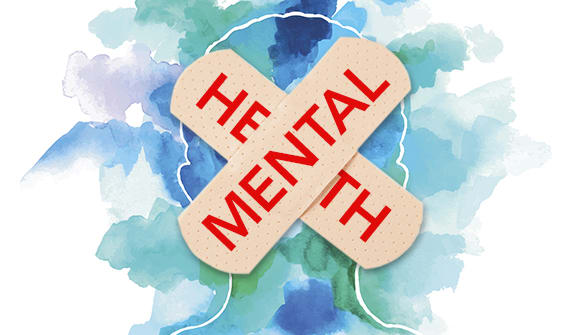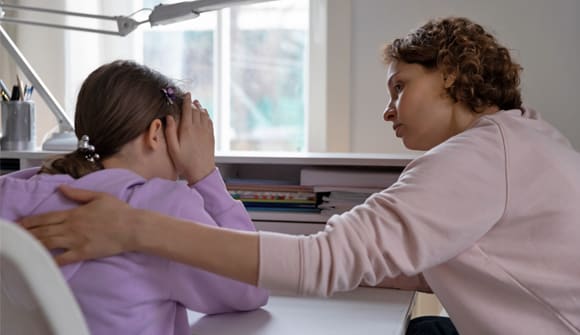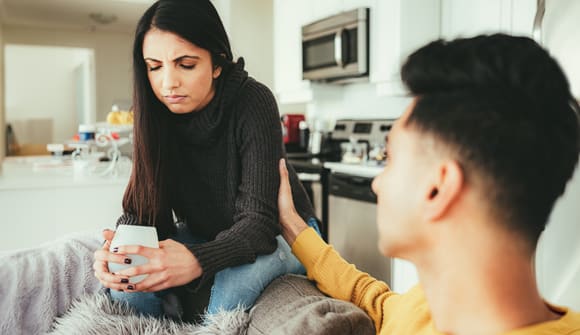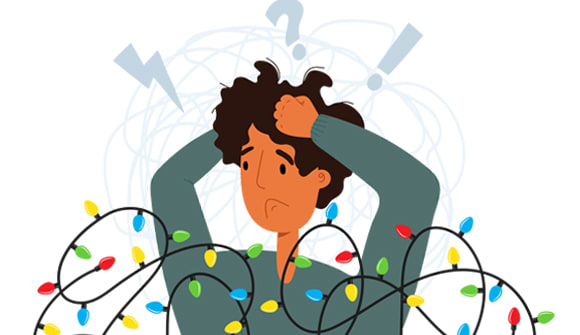Mental health 'CPR'
I’m proud to be among the more than 1 million in the U.S. trained in Mental Health First Aid.
Article Author: Johnny Woodhouse
Article Date:

What if I told you that cancer, diabetes and heart-related diseases aren't the most pressing health needs in my community?
Well, it’s true. According to a recently released survey by the Jacksonville Nonprofit Hospital Partnership, 64 percent of survey respondents said mental health and mental health conditions top the list of 14 pressing community health needs. Cancer, by the way, ranked sixth.
To address this pressing need, the five-hospital partnership, which includes Baptist Health, came up with a goal in 2016 to train 10,000 members of our community in Mental Health First Aid by 2020.
Mental Health First Aid is a free, eight-hour training course that teaches participants how to identify, communicate with and connect people suffering with mental health issues to local resources.
I recently took the training at Baptist Medical Center Beaches and I’m officially certified by the National Council for Behavioral Health for three years. I have a certificate to prove it.
Mental Health First Aid was created in 2000 by Betty Kitchener, a nurse specializing in health education, and her husband, a college professor. Realizing the lack of understanding of mental health issues in their community, the couple came up with a first-responder-style course that trains everyday people in how to recognize and help others suffering with a mental health problem or crisis.
Today, Mental Health First Aid classes are taught in more than 20 countries, including the U.S., where more than 1.5 million Americans have been trained.
My top takeaways from the training were:
- Make a person experiencing a mental health issue feel respected, accepted and understood
- Listen non-judgmentally to what they have to say
- Encourage them to seek help
Our instructor, Katrina Robinson-Wheeler, a licensed mental health worker, said she has trained nearly 3,000 people in Mental Health First Aid since 2016. She is also certified to teach Mental Health First Aid to police officers and firefighters.
Like any first-aid course, we learned an action plan using the mnemonic ALGEE®, which stands for:
- Assess for risk of suicide or harm
- Listen nonjudgmentally
- Give reassurance and information
- Encourage appropriate professional help
- Encourage self-help and other support strategies
The second thing we learned was how to apply the action plan to a number of mental health problems, including depression, anxiety disorders, substance-use disorders, eating disorders and psychosis.
The latter was of particular interest to me because a member of my family has suffered from schizophrenia for decades.
Over the years, I’ve learned not to offer counsel because that’s for the experts. Instead, it’s important to listen attentively and sympathetically to what a person with a mental illness has to say and accept the illness for what it is – a disability that is not going away.
Enrolling in Mental Health First Aid was another way for me to further educate myself about his disease. If I learned anything from the course, it was to be even more of an empathic listener.
Said Rachel Naomi Remen, a clinical professor at the University of California, San Francisco: “A loving silence often has far more power to heal and to connect than the most well-intentioned words.”
Baptist Health, along with other area nonprofit hospitals, is offering free Mental Health First Aid training to residents throughout the Jacksonville area. To find a class near you, call Baptist Health Social Responsibility at 904.202.3360, for more information.



